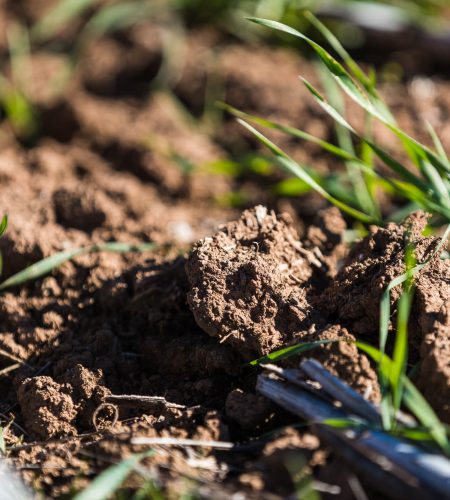Justine Cox
Project Leader
NSW Department of Primary Industries
The majority of Australian soils have constraints such as sodicity, acidity, and salinity that limit agricultural productivity. These limitations in the subsoil can adversely affect the ability of plants to access and extract stored water and nutrients, resulting in major financial losses for growers.
Current amelioration techniques have limited effectiveness. This project will harness recent advances in chemical engineering techniques and development of innovative organic based amendments to more effectively address subsoil constraints that affect many Australian agricultural soils. It will improve our understanding of the interactions of these novel products with different soil types and crops. The project will also address zone specific placement of amendments by using advanced formulations and application machinery.
The current use of chemical solutions to ameliorate these constraints is a critical part of the management practice to maintain the productivity and profitability for farmers, yet the effectiveness of these practices is extremely low.
Although gypsum and lime are widely used as the main soil amendments in addressing soil sodicity and acidity, they are sparingly soluble salts which reduces their effectiveness to ameliorate subsoil constraints. Therefore, more effective amendment formulations are needed to address these subsoil constraints.
This project aims to develop a new generation of submicron organic-based amendments with the ultimate aim of correcting subsoil constraints and thereby increasing crop production. These outcomes will constitute new knowledge and significant contributions in the use of a new generation of agricultural amendments to address the most challenging problems such as managing hostile soils, improving crop production and providing enough food for a rising global population.

